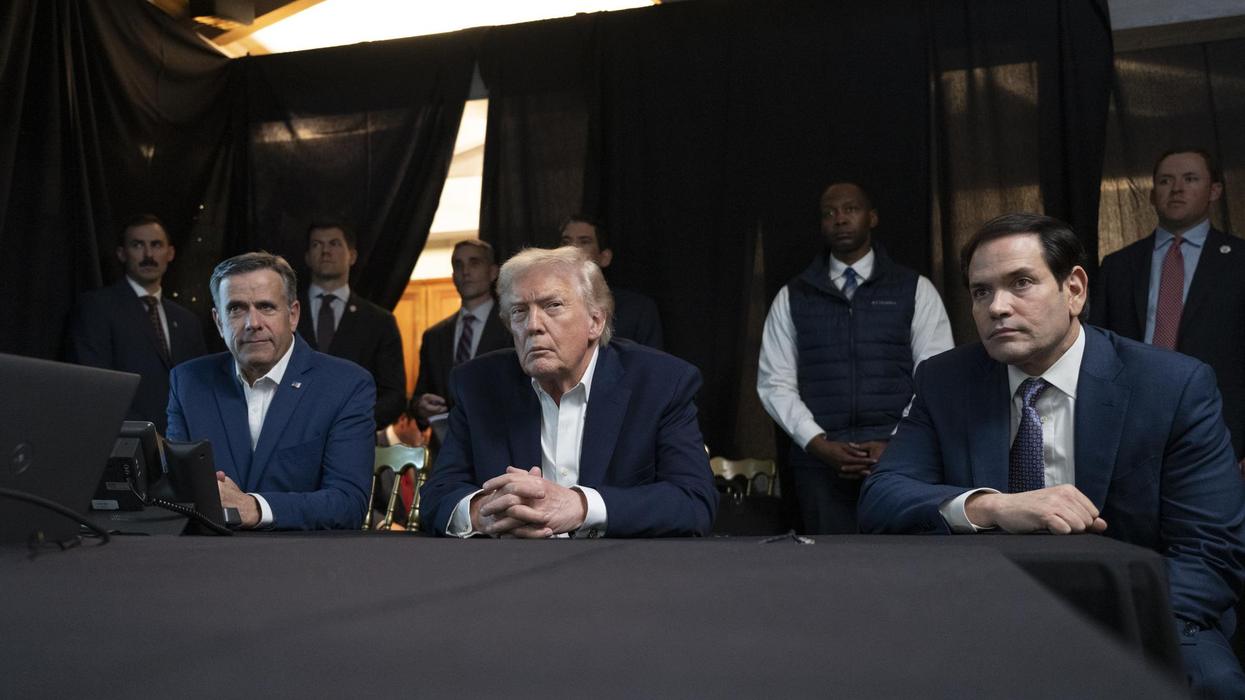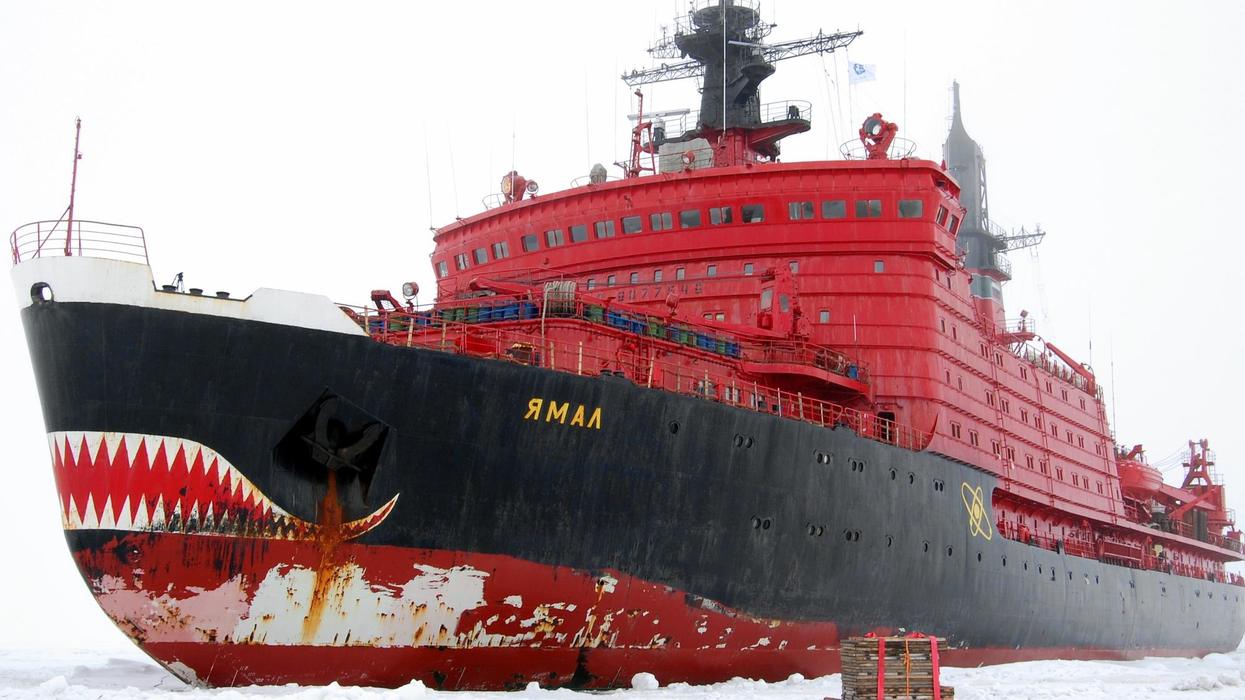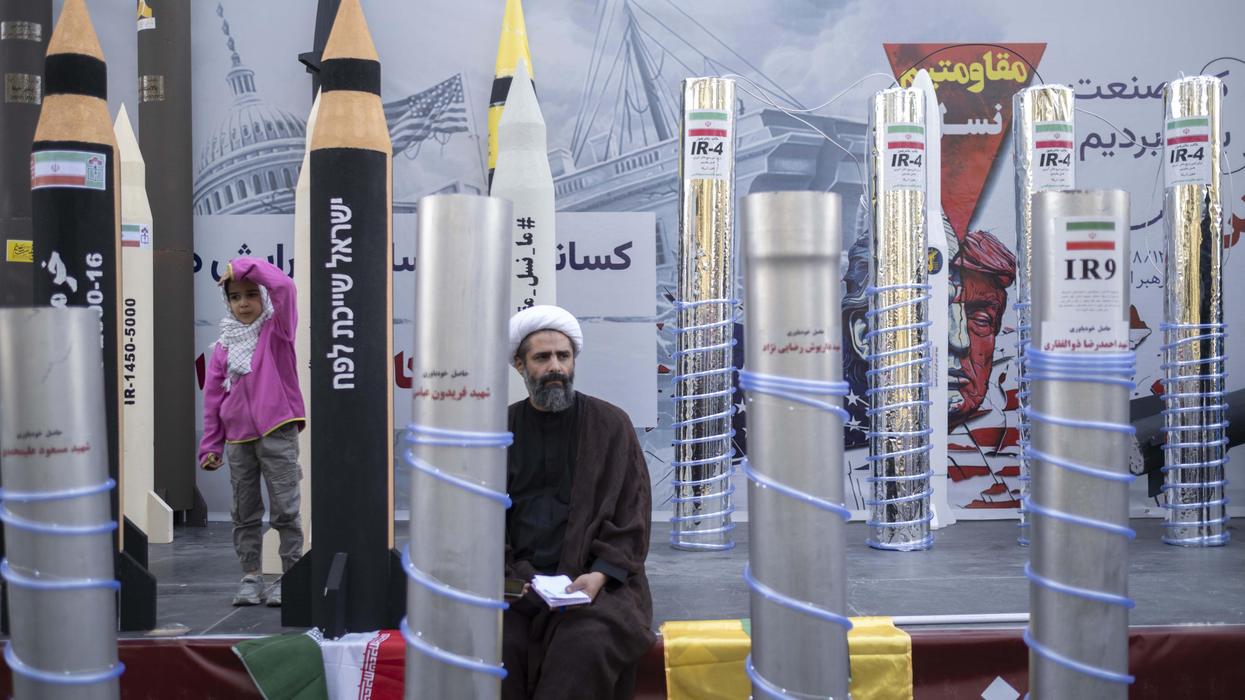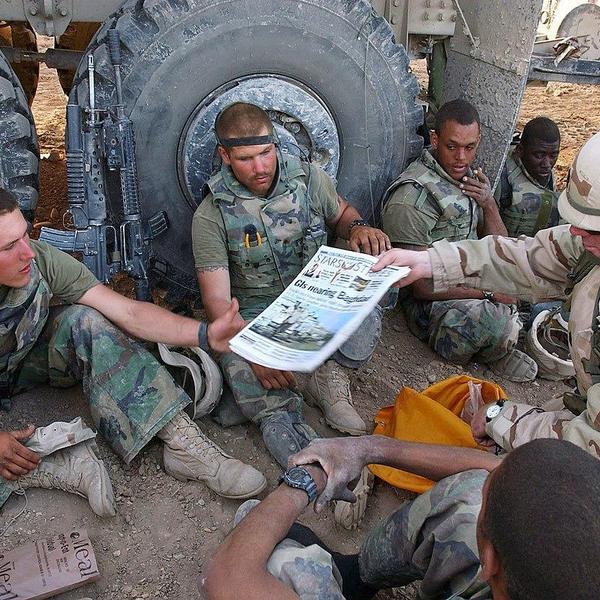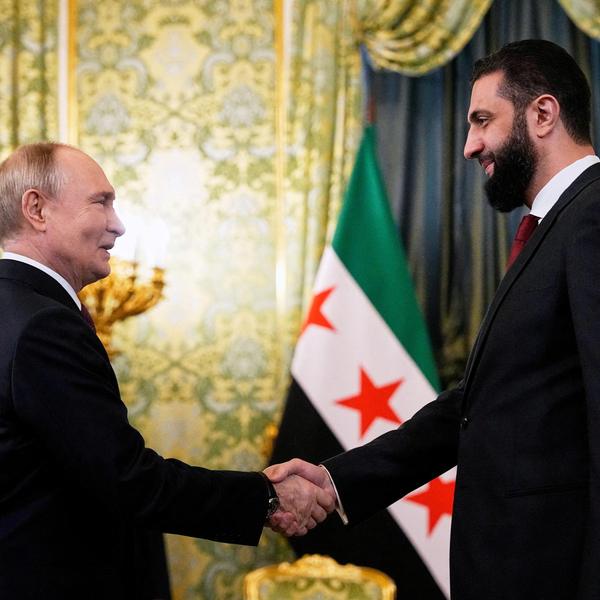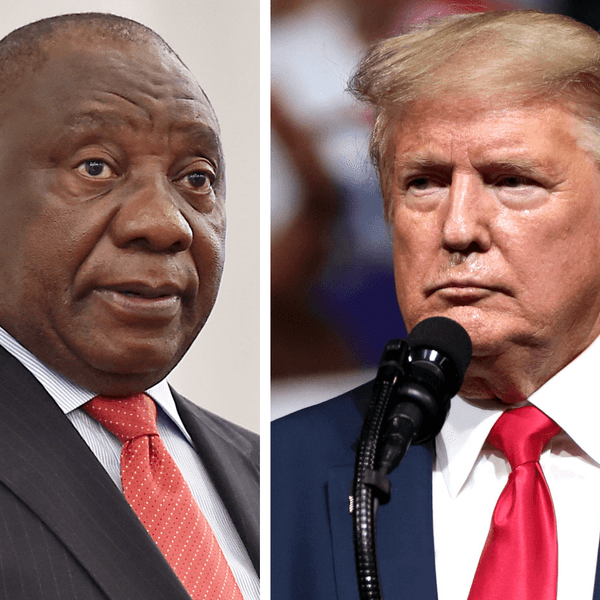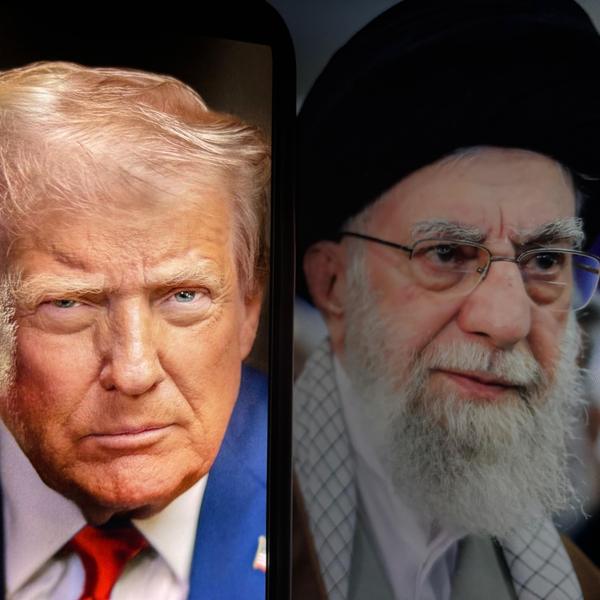The New York Times reported on January 14 that the U.K., France, and Germany have decided to open dispute resolution proceedings because Iran has ceased performing several of the commitments it offered in July 2015 to obtain a nuclear deal with Europe, the United States, Russia and China. Whether this move was self-imposed, or, as the Washington Post reported this week, the result of President Trump threatening a 25 percent tariff on European cars, what do the U.K., France, and Germany (E3) hope to achieve? Why are they neglecting the last sentence of paragraph 36 of that agreement, known as the Joint Comprehensive Plan of Action (JCPOA), instead of construing it as allowing Iran to react to non-delivery of economic benefits promised in 2015 by ceasing to perform its commitments “in whole or in part.”?
Do the E3 suppose they can persuade Iran to return to full compliance by threatening to trigger a “snapback” provision in U.N. Security Council Resolution 2231 as this will deny Iran a lifting of a U.N. arms embargo? Do the E3 imagine Iran can be swayed by an E3 promise to persuade President Trump to lift U.S. secondary sanctions, so that Iran can receive the economic benefits promised in 2015? Are the E3 hoping to engage Iran in a wider negotiation, with a view to restricting Iran’s missile-based deterrent and to persuading Iran to ditch its allies in the Lebanon, Syria, Iraq and the Yemen?
None of these explanations seems plausible. Experience has taught that Iran responds to threats with defiance. The E3 have shown themselves incapable of persuading Trump to offer even a partial lifting of secondary sanctions. It would require the assembling of a gigantic package of economic benefits to stand a chance of persuading Iran to weaken its deterrent and abandon its allies. And even then the probability of success would be close to zero: only a fool buys a carpet from a dealer who has already cheated him once. (In the early 2000s E3 diplomats used to joke that their Iranian counterparts liked to try to make them pay twice for the same carpet. These days it is the E3 who try to exact a price for being enabled by Iran to fulfill the bargain the E3 made in 2015.)
Of course, Iran is not without blame for the JCPOA being now on life-support. The Iranians should have reckoned on the improbability of the E3 being capable of persuading a man like Trump to lift secondary sanctions. The Iranians could have exercised strategic patience for another year in the hope that by mid-2020 the polls would show a Trump defeat in November to be likely. They could have recognized that the JCPOA also serves their interests. Instead of putting it at risk, they could have acted on a past threat and given notice of their intention to withdraw from the Nuclear Non-Proliferation Treaty (NPT). With an NPT Review Conference looming (April 27 – May 8) and the nuclear disarmament pillar of the NPT in trouble thanks to the Trump administration’s arms non-control policies, there would have been a good chance of the global NPT community uniting to urge President Trump to avert Iranian withdrawal by lifting secondary sanctions. The odds are that he would have ignored them, because he cares little for the NPT and still less for the global community (“America First!”) but it would have been worth a try.
What this sorry tale suggests is that we are heading towards the demise of the JCPOA, though probably not before several more months have passed, since Europe has an interest in drawing out the dispute resolution proceedings and delaying a reference to the Security Council for “snapback.” When the demise comes, it will leave Iran free to reduce International Atomic Energy Agency (IAEA) access to Iranian nuclear sites to the modest level required by the 1975 Iran-IAEA nuclear safeguards agreement.
In the meantime, we can expect the Iranians to start installing far more efficient centrifuges than those in operation prior to 2015 and to start producing large quantities of uranium enriched to 20 percent — from which weapons grade uranium can be quickly obtained. When they enriched to 20 percent in the years preceding the 2013 forerunner of the JCPOA, the West could keep forebodings at bay by recalling reliable intelligence that Iran had abandoned a quest for nuclear weapons in 2003. But now, after all that Iran and Iranians have suffered at the hands of the Trump administration, and after multiple European failures to condemn and deplore that U.S. treatment, who can be certain that Iranian decision-makers will not be tempted to think that a nuclear deterrent, though haram, would be useful and that U.S. aggression could be deployed to justify a broken pledge?
What an outlook! Thank you, Mr Trump.


